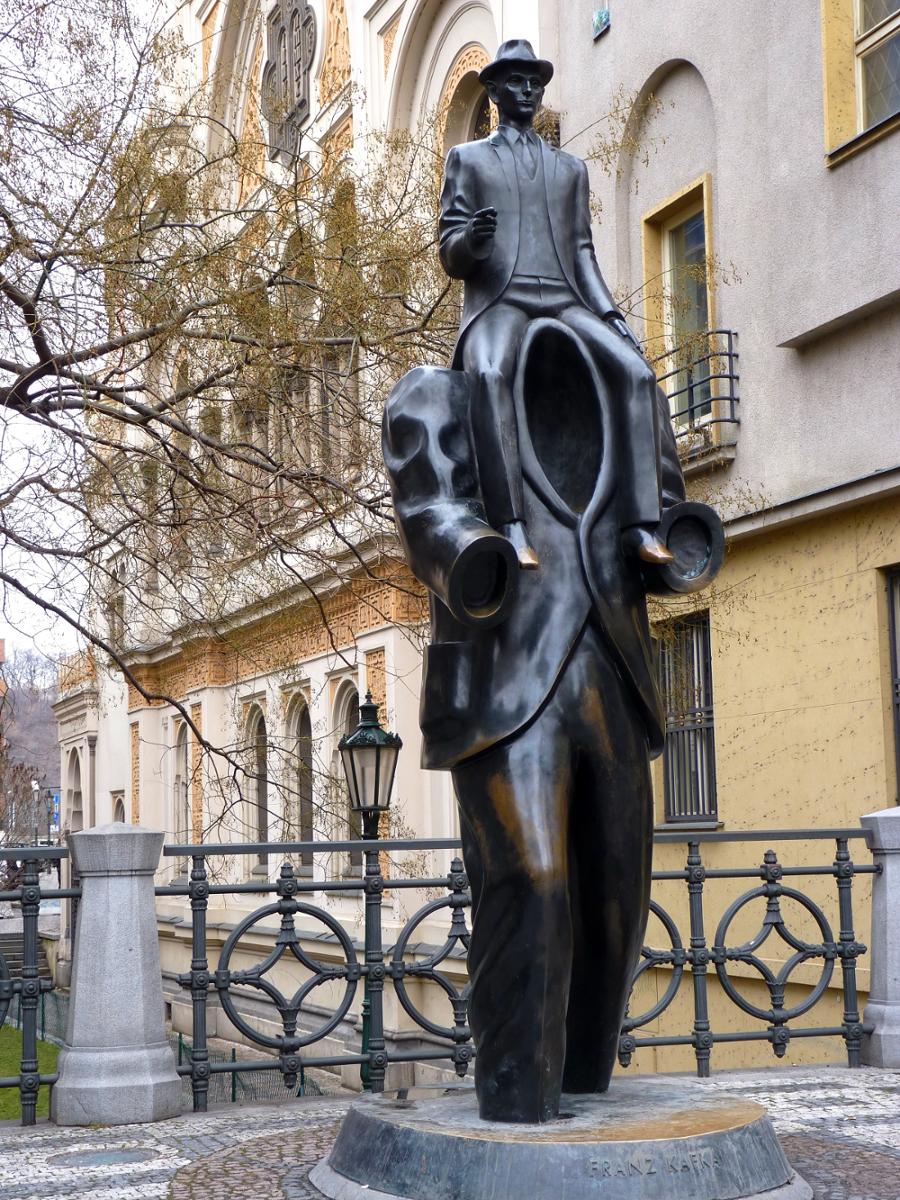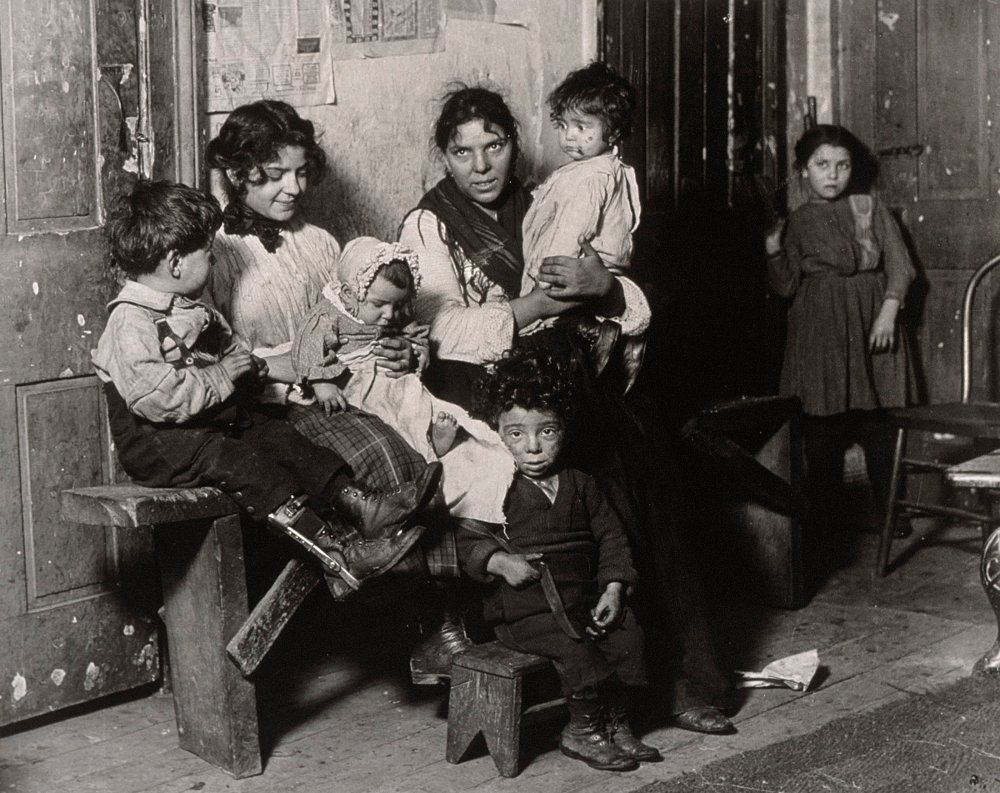There is no such thing as a generic profile for leaders. The right blend of skills, experience, knowledge, characteristics, and attitude depends on the requirements of the situation in which the leader finds herself. This post will look at several leaders who were successful in a variety of fields with totally different conditions and contexts.

There are two common themes among all of these leaders—they all had enormous impact and they all exhibited multiple degrees of RI3C7K’s profile—you’ll need to read to the end to find out what that means.
Jesus is a good place to start this journey.
According to the best historical sources, Jesus was an illiterate Jew who was born and raised in Nazareth as a carpenter’s son.
As a result of his enormous charisma, he was able to mobilize a band of Jews to protest the oppression of the Roman authorities. He was found guilty of sedition and crucified along with several thousand other Jews. Between the years 70 and 120 CE, several people who were influenced by his teaching of love and service and his commitment to justice and fairness wrote gospels or letters to explain/interpret his life. In order to avoid the on-going wrath of the Romans, four of the “writers”—not written by one hand and certainly not the earliest followers—published Matthew, Mark, Luke, and John, distanced themselves from the Jews (all of the disciples of Jesus), and were selected among the manuscripts of the time by Constantine during the 4th Century to be included in the New Testament. During this complex and multi-faceted time, the creation, incubation, and activation of Christianity began.
Independent of your reactions to this simplified version of history, the question remains,
“What were the leadership characteristics of Jesus that resulted in the centuries of influence he has had?”
For me, Jesus was a great leader because he demonstrated the fullest possible commitment, he was an incredibly capable preacher and teacher, he understood the culture in which he was living, he responded to the deepest values of his followers, he showed the true meaning of compassion through his words and behaviors, and he demonstrated amazing courage by challenging authority, cultural norms, and religious certainty, i.e. telling truth to power. He knew what was profoundly important and acted on it, even when his actions cost him his life.
No other leader since has even approached what he accomplished—two billion followers 2,000 years after his death.
A list of terrific books on the historical Jesus are at the end of this post.
Jumping ahead to more recent times, Churchill is the political leader who had the most impact in the last century. We owe our escape from Nazi tyranny to his unflappable courage and resolve during WWII. Unlike Jesus, Churchill was born into an aristocratic family. He started life with disadvantages he never wholly conquered, although his whole career was an effort to overcome them.
Only a man who knew and faced despair within himself could carry conviction at such a moment.
Only a man who knew what it was to discern a gleam of hope in a hopeless situation, whose courage was beyond reason, and whose aggressive spirit burned at its fiercest when he was surrounded by enemies could give emotional reality to the words of defiance which rallied and sustained all who heard him in the menacing summer of 1940.
Churchill suffered from prolonged and recurrent fits of depression; and no understanding of his character is possible unless this central fact is taken into account.
A depressed person forces himself into activity, and denies himself rest or relaxation because he cannot afford to stop. Churchill relied on creative energy as an effective defense against depression. In addition to being depressed, Churchill also felt cheated by his physique. He was small in stature with thin, un-muscular limbs, and delicate hands; and he spoke with a lisp and a slight stutter. He only grew to 5 feet, six inches. As a consequence of his “unmanly appearance,” he was beaten and bullied at school.
The courage he consistently, and sometimes rashly, displayed was not based upon any natural superiority of physique, but rather upon his determination to be tough in spite of his lack of height and muscle. This toughness sometimes spilled over into aggressiveness and dominance that are not normally words that describe great leaders but were required to face Hitler’s killing machine. In addition to being depressed emotionally and small physically, Churchill was born prematurely and received remarkably little affection or support from either parent in the vital years of early childhood.
Perhaps the most obvious trait he developed as a response to his deprivation was ambition—a powerful force he was powerless to resist. So, again, the question becomes, “What were the leadership characteristics of Churchill that resulted in the profound, unwavering leadership during his time?” Like Jesus, Churchill demonstrated incredible conviction and commitment, he possessed the courage to stand up to a tyrant and to a country in favor of appeasement, and he was responsive to the deepest values and strongest feelings of his fellow citizens. He didn’t demonstrate much compassion or sensitivity to others, but he used his creative energy to overcome daunting odds.

Stepping back to the previous century, Kafka was a literary leader who was not only a great scholar, but also was scrupulously honest. With strangers, Kafka was always ill at ease. In 1913, he wrote,
“If I am in an unfamiliar place, among a number of strange people, or people whom I feel to be strangers, then the whole room presses on my chest and I am unable to move, my whole personality seems virtually to get under their skins, and everything becomes hopeless.”
Like Churchill, Kafka regarded his own body with distaste and compared it unfavorably with that of his father. He wrote,
“I remember how we often undressed together in the same bathing-hut. There I was: skinny, weakly, slight whereas my father was strong, tall, and broad. Even inside the hut I felt myself a miserable specimen, and what’s more, not only in my father’s eyes, but in the eyes of the whole world, for he was for me the measure of all things.”
Perhaps as a result of his physical and emotional suffering as a child, Kafka was unequaled in his ability to articulate fears that lurk in the recesses of the mind. Clearly, his two most famous literary achievements, The Trial and Metamorphosis, are testaments to that ability. So why is Kafka included in profiles in leadership? For me, Kafka was totally self-aware and had the courage to express himself in unique and creative ways.
Again, when talking about leaders, it’s essential to start with the requirements they face, not simply look at generic and traditional characteristics,
like being male 6 feet 2, muscular, and emotionally stable. Kafka had the courage to look deeply inside and to share his insights with the world—those are the requirements for literary leadership.
Staying with the turn of the century, and turning to the power of female leadership, Jane Addams was a social reformer and peace activist, led the American settlement house movement, and founded its most famous settlement, Chicago’s Hull House (1889). Addams was born in Cedarville, Illinois in 1860 and graduated from Rockville College in 1882. In 1889, she founded Chicago’s Hull House, where she lived and worked until her death in 1935. A home and gathering place for reformers who “settled” in the neighborhoods they served, settlements brought a broad range of social services to immigrants and the urban poor.
Believing settlements were a space where all classes could meet to solve problems of urban industrialization, Addams assembled a cohort of brilliant women around her whose innovative solutions shaped 20th century social policy.

Responding to community needs, the women of Hull House pioneered in bringing social services to immigrant and working class neighborhoods. They set up day care for children, founded playgrounds, delivered health services, and studied toxic substances in factories. They investigated slums (founding the profession of urban sociology), brought about passage of factory inspections, pushed for ending child labor, improved tenement conditions and sweatshops, fought for shorter hours, higher wages, protective labor laws, and established the nation’s first juvenile court.
An outspoken supporter of laborers, Addams was also a gifted lecturer and prolific writer. Her most famous book was Twenty Years at Hull House (1910). A staunch suffrage supporter, she was Vice President of the NAWSA, and wrote and spoke widely about the vote’s importance to women. She founded and chaired the Woman’s Peace Party (1915), was first president of the Women’s International League for Peace and Freedom (1919), and was awarded the Nobel Peace Prize (1931) for her years of peace activism. The abridgment of civil liberties and attacks on pacifists in World War I (she was vilified as a traitor for opposing the war), led Addams to help found the American Civil Liberties Union (1920). She died at 74, her work for social justice having impacted every aspect of American life. For inclusion in RICK’s profiles in leadership, Jane stood out for her courage, compassion, collaboration, initiative, and integrity.
From these largely divergent examples of spiritual leadership, political leadership, literary leadership, and social leadership we can derive some critical characteristics of leaders. The desired combination of these characteristics varies depending upon the requirements of the situation. I’ve captured those characteristics with the acronym RI3C7K in which
- R = Responsiveness
- I3 =
- Initiative
- Interdependence
- Integrity
- C7 =
- Commitment
- Capability
- Cultural Sensitivity
- Compassion
- Collaboration
- Courage
- Creativity
- K = Kick-Ass Knowledge
I hope this post stimulates your thinking about leadership. There is no generic set of characteristics for a leader.
Leaders don’t always fall into our conventional views about what leaders look like, how they act, or what their family history is.
And picking great leaders always means identifying the requirements first.
- Sources:
- Christ Actually, James Carroll
- Zealot, Reza Aslan
- The Gnostic Gospels, Elaine Pagels
- The Case for God, Karen Armstrong
- The Evolution of God, Robert Wright
- Good without God, Greg Epstein
- Indispensible: When Leaders Really Matter, Gautam Mukunda
- Churchill’s Black Dog, Kafka’s Mice, Anthony Storr
- Profiles in Leadership, Walter Isaacson
Also published on Medium.

